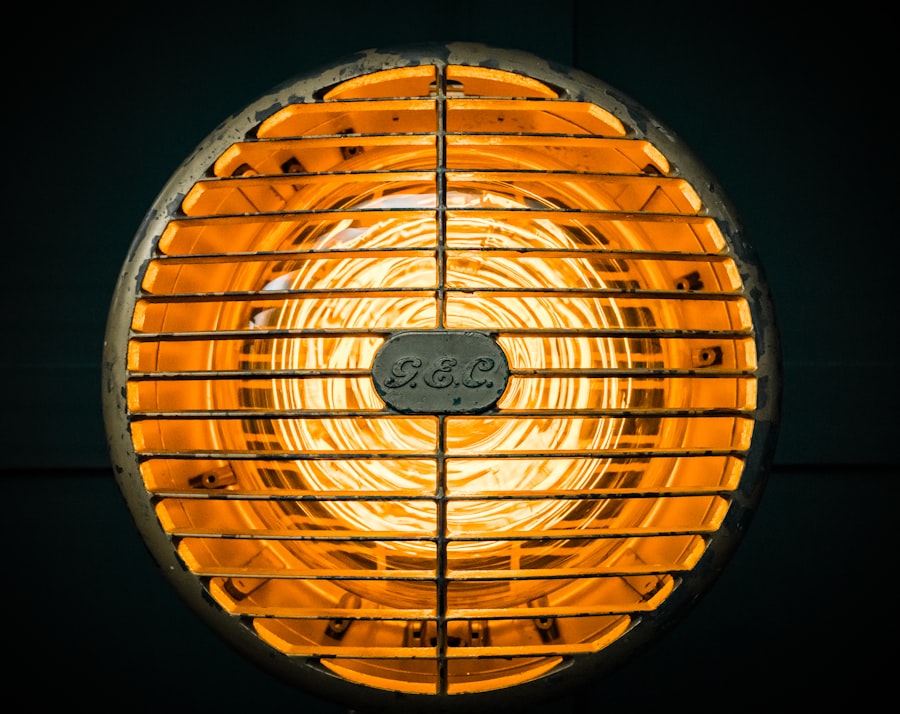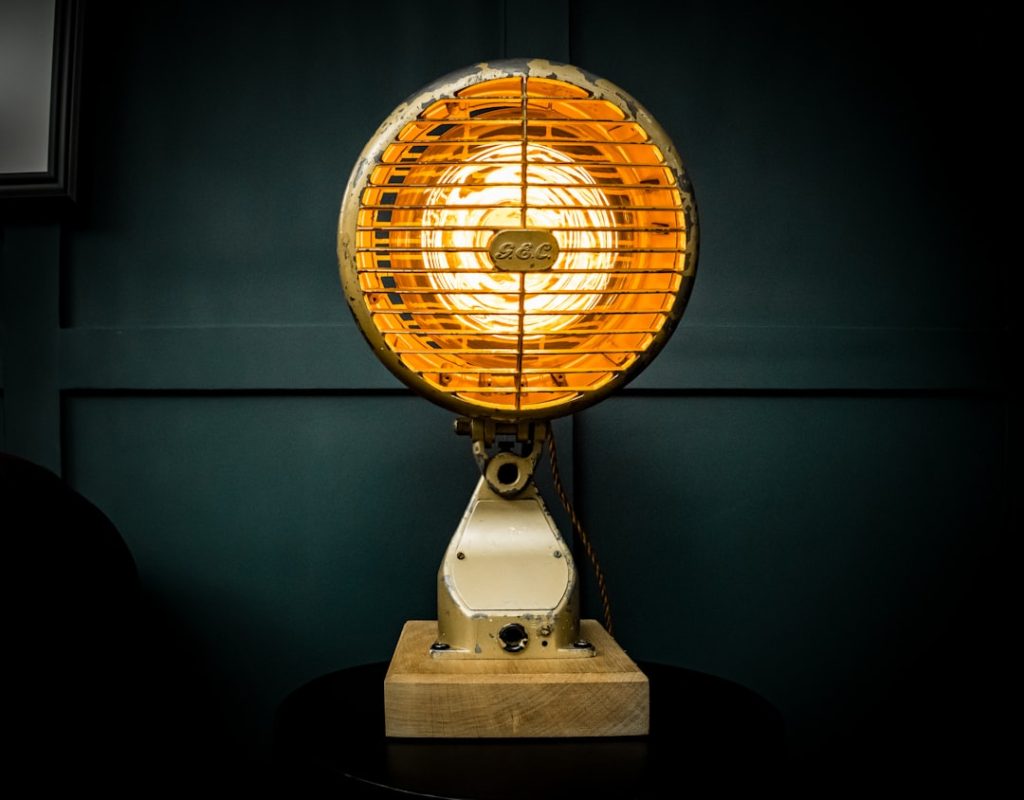Chickens have specific requirements for cold weather survival. Understanding these needs is essential for maintaining the health and welfare of a flock during winter. While chickens are generally resilient, they remain vulnerable to low temperatures.
Cold weather necessitates additional care and attention to keep chickens warm and healthy. Chickens are more susceptible to drafts and dampness than to cold temperatures alone. Providing adequate shelter and insulation is crucial for their comfort and safety in winter.
Fresh water and warm, nutritious food are vital for maintaining body temperature and energy levels. Regular monitoring for signs of cold stress, such as lethargy, reduced egg production, or frostbite, is important. By comprehending and addressing the specific needs of chickens in cold weather, flock owners can take appropriate measures to ensure their birds remain healthy throughout the winter season.
Table of Contents
- 1 Providing adequate shelter and insulation
- 2 Using heat lamps and heating pads
- 3 Ensuring access to fresh water
- 4 Offering warm and nutritious food
- 5 Monitoring the flock for signs of cold stress
- 6 Implementing additional measures for extreme cold temperatures
- 7 FAQs
- 7.1 What temperature is considered a freeze for chickens?
- 7.2 How can I keep my chickens warm during a freeze?
- 7.3 What should I consider when using heat lamps or heaters for my chickens?
- 7.4 What type of bedding is best for keeping chickens warm during a freeze?
- 7.5 How can I prevent my chickens’ water from freezing during a freeze?
Key Takeaways
- Chickens need extra care in cold weather due to their susceptibility to cold stress and frostbite
- Adequate shelter with insulation such as straw or hay is essential to protect chickens from cold temperatures
- Heat lamps and heating pads can be used to provide additional warmth in the coop
- Access to fresh, unfrozen water is crucial for chickens’ health and hydration in cold weather
- Offering warm and nutritious food, such as grains and high-protein treats, can help chickens maintain their body temperature
- Regularly monitoring the flock for signs of cold stress, such as shivering or lethargy, is important for early intervention
- In extreme cold temperatures, additional measures such as adding extra bedding or using heated waterers may be necessary to protect the chickens
Providing adequate shelter and insulation
Creating a Draft-Free Coop
A well-ventilated but draft-free coop is essential for keeping chickens warm and dry during the winter months. Make sure that the coop is free from drafts and leaks, and consider adding extra insulation to help retain heat.
Insulating the Coop and Nesting Boxes
This can be done by adding extra bedding, such as straw or wood shavings, to the coop floor and nesting boxes. You can also insulate the walls of the coop with foam board or other insulating materials to help keep the warmth in and the cold out.
Ensuring Comfortable Roosting Space
In addition to providing a well-insulated coop, it’s important to ensure that your chickens have enough space to roost comfortably. Chickens naturally huddle together for warmth, so providing enough roosting space will help them stay warm during the night. If you have a large flock, consider adding additional roosting bars to accommodate all of your chickens.
By providing adequate shelter and insulation, you can help your chickens stay warm and comfortable even in the coldest winter weather.
Using heat lamps and heating pads

In extreme cold temperatures, it may be necessary to provide additional heat sources to keep your chickens warm. Heat lamps and heating pads can be used to provide supplemental warmth in the coop, especially during particularly cold nights. When using heat lamps, it’s important to position them safely to prevent fire hazards and ensure that they are securely attached to prevent accidental falls.
Heating pads can also be placed under nesting boxes or in other areas where chickens tend to gather to provide additional warmth. It’s important to monitor the temperature in the coop when using heat lamps or heating pads to ensure that it doesn’t get too hot or too cold. A thermometer can be used to monitor the temperature and make adjustments as needed.
Keep in mind that while supplemental heat sources can be helpful in extreme cold temperatures, they should not be relied upon as the sole source of warmth for your chickens. Providing adequate shelter and insulation should be the primary focus, with heat lamps and heating pads used as a supplement when necessary.
Ensuring access to fresh water
Access to fresh water is essential for chickens year-round, but it’s especially important during the winter months when water sources can freeze. Chickens need water to stay hydrated and maintain their body temperature, so it’s crucial to ensure that they have access to fresh water at all times. There are several ways to prevent water from freezing in cold weather, such as using heated waterers or adding a small amount of apple cider vinegar to the water to lower its freezing point.
It’s also important to regularly check water sources for ice buildup and ensure that they are not frozen solid. If necessary, you can use a heated base or warm water to thaw out frozen waterers. Additionally, consider placing waterers in sunny areas or using insulated covers to help prevent freezing.
By ensuring that your chickens have access to fresh water throughout the winter, you can help them stay healthy and hydrated despite the cold temperatures.
Offering warm and nutritious food
In addition to fresh water, chickens also need warm and nutritious food to help them maintain their body temperature and energy levels during the winter months. Consider offering warm treats such as oatmeal, cooked grains, or scrambled eggs to provide extra warmth and energy for your flock. You can also increase their regular feed rations to help them generate more body heat.
It’s important to provide a balanced diet that includes a mix of grains, protein, and vitamins and minerals to support overall health and immunity. Consider adding supplements such as poultry vitamins or probiotics to their feed to help boost their immune systems during the winter months. Additionally, providing access to fresh greens or sprouted grains can help provide essential nutrients and keep your chickens healthy and happy throughout the winter.
Monitoring the flock for signs of cold stress

Recognizing Cold Stress in Chickens
Chickens may exhibit signs of cold stress, including lethargy, decreased egg production, pale combs and wattles, or even frostbite on their feet or combs. If you notice any of these signs, it’s crucial to take immediate action to help your chickens stay warm and healthy.
Providing a Warm and Comfortable Environment
Consider providing additional heat sources, such as heat lamps or heating pads, if necessary. Ensure that your coop is well-insulated and free from drafts. You can also provide extra bedding or nesting material to help your chickens stay warm and dry.
Nutritional Support for Cold Weather
Additionally, consider offering warm treats or increasing their regular feed rations to help them generate more body heat. This can make a significant difference in keeping your chickens warm and comfortable during the cold winter months.
By monitoring your flock for signs of cold stress and taking proactive measures to keep them warm, you can help ensure that your chickens stay healthy and comfortable throughout the winter.
Implementing additional measures for extreme cold temperatures
In extreme cold temperatures, it may be necessary to implement additional measures to keep your chickens safe and comfortable. Consider adding windbreaks or tarps around the coop to help block out cold drafts and protect your flock from harsh winds. You can also use straw bales or other insulating materials around the perimeter of the coop to help retain heat.
If you live in an area with particularly harsh winters, you may need to consider investing in a heated coop or adding additional insulation to ensure that your chickens stay warm and dry. It’s also important to regularly check for ice buildup on roosting bars, nesting boxes, and other surfaces where chickens may come into contact with ice or snow. By implementing these additional measures for extreme cold temperatures, you can help ensure that your chickens stay safe and comfortable even in the harshest winter weather.
By understanding the specific needs of chickens in cold weather and taking proactive measures to keep them warm and healthy, you can help ensure that your flock stays happy and productive throughout the winter months.
If you’re looking for tips on how to keep chickens warm during a freeze, you may also be interested in learning about the importance of a well-insulated chicken coop. This article on farmhouse chicken coop provides valuable insights on how to create a cozy and insulated space for your chickens to stay warm during cold weather. It’s essential to ensure that your coop is well-ventilated yet well-insulated to protect your chickens from freezing temperatures.
FAQs
What temperature is considered a freeze for chickens?
Chickens are generally comfortable in temperatures above 45°F (7°C). A freeze is typically considered to be temperatures at or below 32°F (0°C).
How can I keep my chickens warm during a freeze?
To keep chickens warm during a freeze, you can provide them with a well-insulated coop, use heat lamps or heaters, provide extra bedding, and ensure they have access to fresh water that doesn’t freeze.
What should I consider when using heat lamps or heaters for my chickens?
When using heat lamps or heaters for chickens, it’s important to ensure they are securely installed to prevent fire hazards, and to keep them out of reach of the chickens to prevent burns or fires. Additionally, make sure the coop is well-ventilated to prevent moisture buildup.
What type of bedding is best for keeping chickens warm during a freeze?
Straw or wood shavings are good options for bedding to keep chickens warm during a freeze. These materials provide insulation and help retain heat in the coop.
How can I prevent my chickens’ water from freezing during a freeze?
To prevent chickens’ water from freezing during a freeze, you can use heated waterers, place waterers in a sunny spot, or manually change the water frequently to prevent it from freezing.
Meet Walter, the feathered-friend fanatic of Florida! Nestled in the sunshine state, Walter struts through life with his feathered companions, clucking his way to happiness. With a coop that’s fancier than a five-star hotel, he’s the Don Juan of the chicken world. When he’s not teaching his hens to do the cha-cha, you’ll find him in a heated debate with his prized rooster, Sir Clucks-a-Lot. Walter’s poultry passion is no yolk; he’s the sunny-side-up guy you never knew you needed in your flock of friends!







